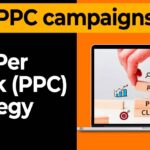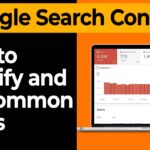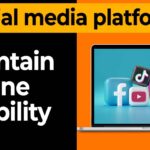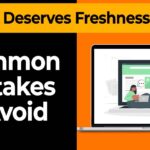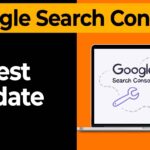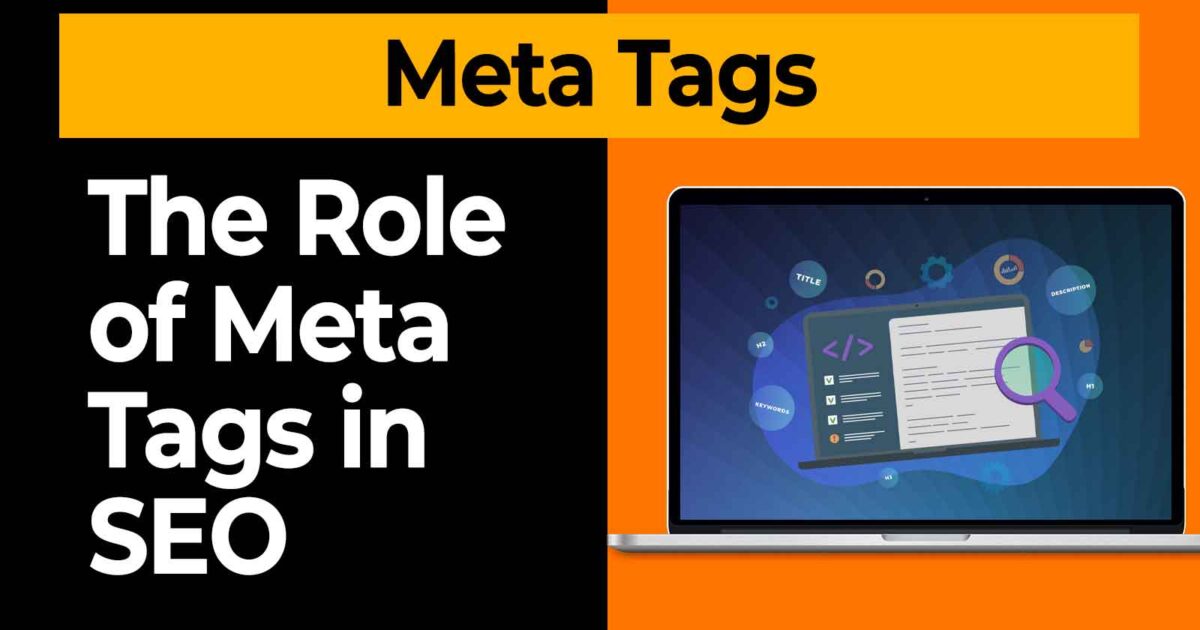
In the world of digital content, captivating headlines, eye-catching visuals, and engaging narratives are essential components. However, there’s a hidden powerhouse operating behind the scenes: meta tags. These small but mighty snippets of HTML code can significantly influence how search engines and users perceive your content. Let’s delve into why meta tags are indispensable for your content strategy and how to optimize them effectively.
Table of Contents
What Are Meta Tags?
Meta tags are short pieces of HTML code embedded within a webpage’s header. Though they are invisible on the page itself, they communicate critical information about your content to search engines and users. Think of meta tags as the unsung heroes of SEO and user experience, providing context and driving clicks.
The most crucial types of meta tags include:
- Title Tags: These appear as clickable headlines in search engine result pages (SERPs). A well-crafted title tag is your content’s first impression, so it must be clear, concise, and enriched with keywords.
- Meta Descriptions: These are brief summaries displayed beneath the title tag in SERPs. A compelling meta description entices users to click through by providing a snapshot of what your content offers.
The Role of Meta Tags in SEO
Meta tags are essential for improving search engine optimization (SEO). Here’s how they can enhance your content’s visibility and ranking:
Improved Indexing
Meta tags help search engines interpret the content and purpose of your pages. Accurate and descriptive meta tags enable better indexing, increasing the likelihood that your page appears in relevant search results.
Keyword Targeting
Incorporating strategic keywords into your title tags and meta descriptions signals the focus of your content to search engines. This practice boosts your page’s relevance for specific queries.
Enhanced Click-Through Rates (CTR)
A well-optimized meta description can captivate users and encourage them to click your link over others. Higher CTRs often lead to improved search rankings, creating a positive feedback loop for your content.
User Experience Benefits of Meta Tags
Meta tags bridge the gap between search results and your content, offering users a preview of what they can expect. Here’s why they matter:
Creating Positive First Impressions
The title tag and meta description are usually the first elements a user notices. A thoughtfully crafted meta tag not only grabs attention but also conveys value, increasing the likelihood of a click.
Ensuring Clarity and Relevance
Users scan SERPs quickly, so your meta tags must be succinct and informative. They should immediately answer the user’s implicit question: “Is this what I’m looking for?”
Managing Expectations
Accurate meta tags ensure that users get what they expect when they click. Misleading descriptions can lead to higher bounce rates and frustrated users, which negatively impacts your SEO performance.
How to Optimize Meta Tags for Maximum Impact
Optimizing meta tags is a straightforward yet impactful process. Here are actionable steps to get the most out of your meta tags:
Conduct Keyword Research
Identify the keywords your audience is searching for to start. Tools like Google Keyword Planner or Ahrefs can help you discover high-impact terms. Incorporate these keywords naturally into your meta tags to align with user intent.
Craft Compelling Title Tags
- Keep it concise: Limit your title tags to around 60 characters to ensure they display fully in SERPs.
- Include primary keywords: Position your main keyword near the beginning of the title.
- Highlight value: Use action words or unique selling points to make your title stand out.
Example:
Original: “Meta Tags for Beginners”
Optimized: “Meta Tags Demystified: Enhance Your SEO and Increase Click-Through Rates Now”
Write Engaging Meta Descriptions
- Stay within 160 characters to avoid truncation.
- Summarize your content’s value proposition clearly and persuasively.
- Include a call-to-action (CTA) to encourage clicks.
Example:
Original: “Learn about meta tags and their importance.”
Optimized: “Discover how meta tags can skyrocket your SEO rankings. Learn tips to optimize for clicks and visibility.”
Focus on Readability
Write for humans first and search engines second. Use simple language, active voice, and avoid jargon. Aim to intrigue and inform simultaneously.
Test and Refine
SEO is not a one-and-done task. Use tools like Google Search Console to monitor the performance of your meta tags. Experiment with different approaches and refine based on data.
Common Meta Tag Mistakes to Avoid
While optimizing meta tags, steer clear of these common pitfalls:
- Keyword Stuffing: Overloading meta tags with keywords can make them look spammy and lead to penalties.
- Duplicate Tags: Ensure each page on your website has unique meta tags to avoid confusion for search engines and users.
- Ignoring Updates: Regularly review and update your meta tags to keep them aligned with current trends and keywords.
- Vague Descriptions: Avoid generic phrases that fail to differentiate your content. Be specific and value-driven.
Meta Tags: A Key Player in Your Content’s Success
Meta tags may seem like a minor aspect of content creation, but their impact is profound. They serve as a gateway, guiding users and search engines toward your material. When optimized effectively, meta tags can elevate your content’s visibility, drive traffic, and enhance user engagement.
Investing time and effort into crafting strategic meta tags is a small step with substantial rewards. Whether you’re a seasoned digital marketer or a content creator just starting out, leveraging the power of meta tags can propel your online presence to new heights. Start optimizing today and watch as your content gains the attention it deserves.

